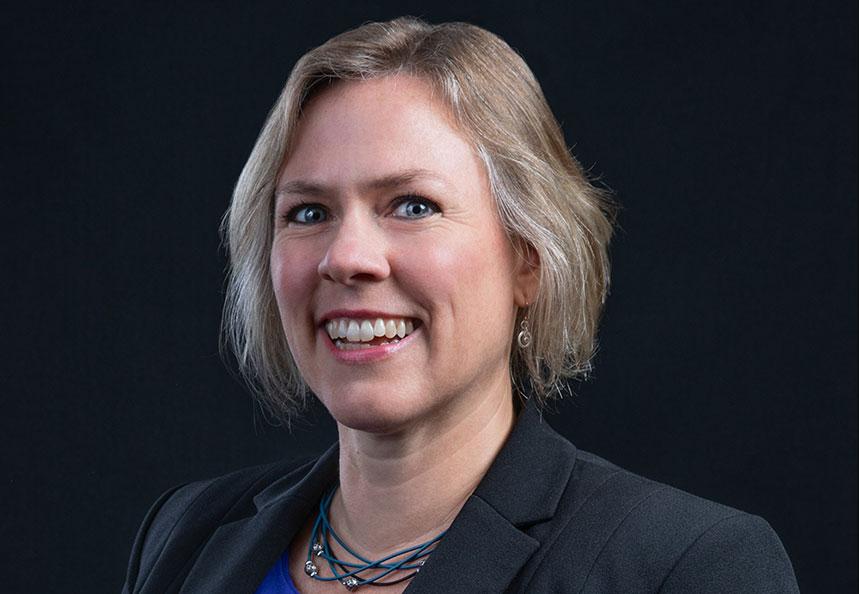The Science Advisor is the liaison between the space science community and the CSA and between the CSA and the Chief Science Advisor of Canada. The purpose of this type of job is to put people with scientific expertise and an independent perspective in positions where they can talk to and influence decision makers in the government.
Favourite pastime: Soccer and word puzzles
Born: Before Jeremy Hansen
Favourite subjects in school: Math and English
Education: Bachelor of Arts in Physics, PhD in Astronomy and Astrophysics
Job title: Science Advisor to the President & Associate Professor
Company/organization: Canadian Space Agency (CSA) & Western University
Q&A
How did you come to your present job or role?
The job description called for someone with a space science background, strong communication skills, and vision. I have been involved in space astronomy since I was on an instrument team for the Chandra X-ray Observatory as a graduate student. As an astronomer, I use space data from several different observatories regularly for my research. I developed my communication skills through teaching and astronomy outreach, and my leadership abilities by serving on national boards for the Canadian Astronomical Society including the advisory committee for CSA space astronomy. I’ve also been involved with developing the science cases for next generation observatories and a renewed investment in Canadian space exploration.
What do you love most about your job?
I am approached regularly by people at the CSA and across Canada who want to tell me about the cool things they are doing in space science and space technology. The creativity and energy for space activities is fantastic and inspiring – I love learning about all of this great work.
What has been your biggest challenge in your career and how did you overcome it?
At several points during my career I’ve had a major setback. Some examples: I failed a big exam, I didn’t get a job that meant we had to move, and I got a big cut in money to fund my research program. These were demoralizing and humiliating at the time. I recovered by catching my breath, re-evaluating my situation, and using the support from family, friends, and colleagues to come up with a plan for moving forward.
Who or what has helped you the most throughout your career?
I’d like to give a specific shout-out to my graduate school roommate and classmate, Dr. Ann Hornschemeier, who has been the Chief Scientist for NASA’s Physics of the Cosmos program. We helped each other through horrible exams, bad relationships, challenging bosses, big career decisions, and happy celebrations, and we have collaborated on several exciting science projects. She and I were the only two people in our graduate school class – I was so lucky to find such a terrific ally right from the beginning.
What advice would you offer to our youth?
Don’t let fear of failure prevent you from even trying – things that are interesting are often hard. And you don’t have to do it on your own; science does not have to be lonely.



